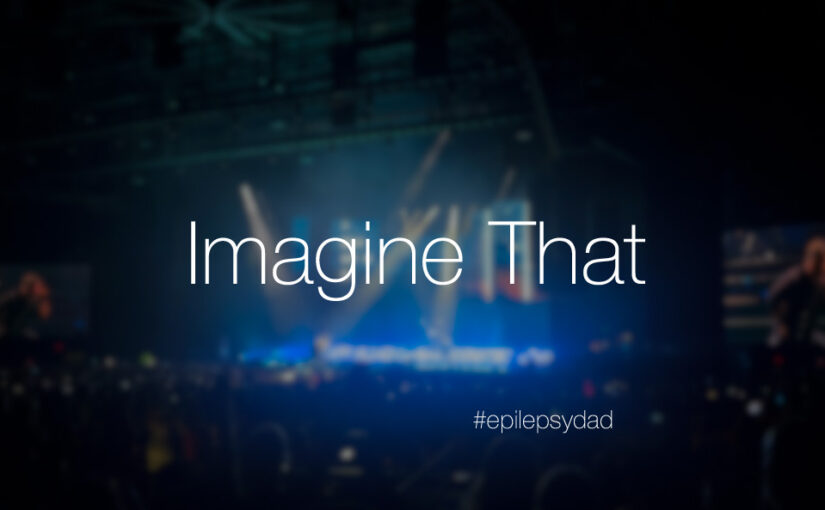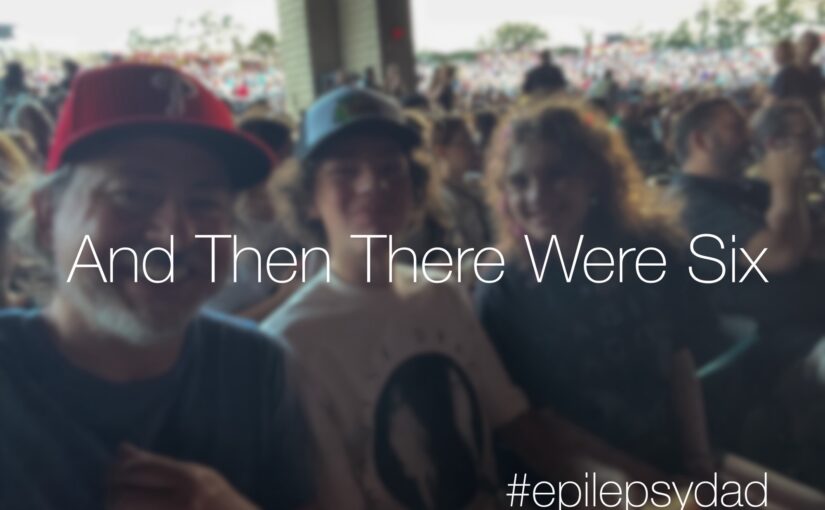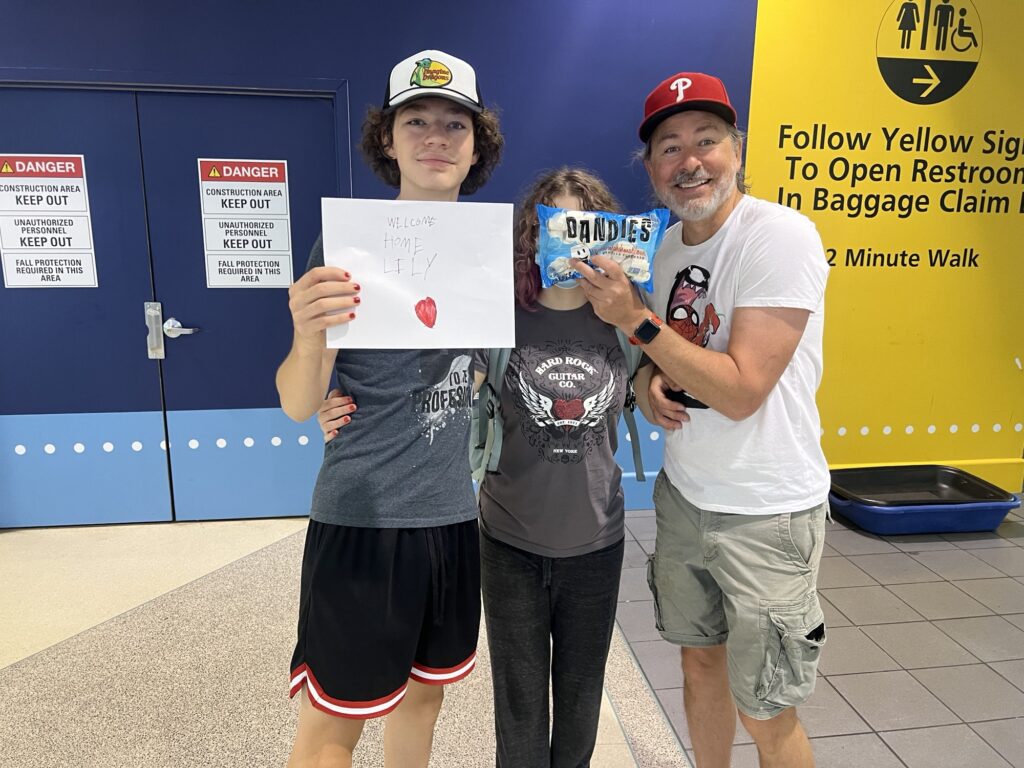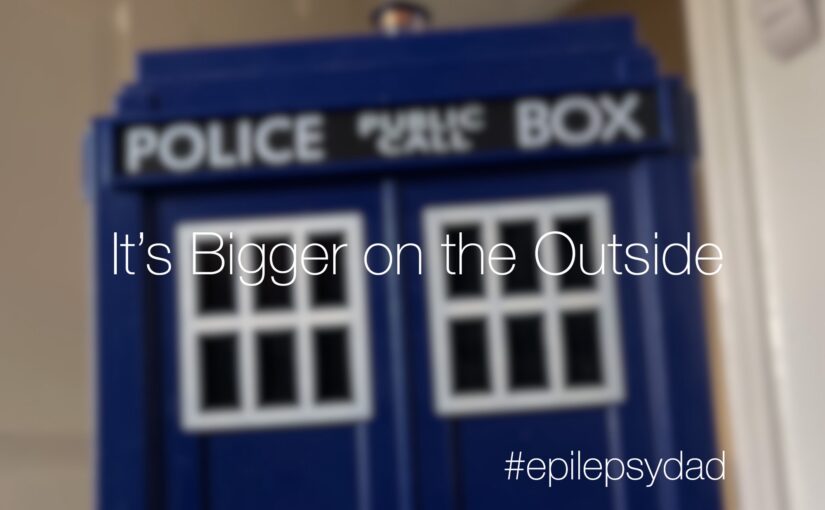A few weeks ago, we went to three concerts in five days.
The first concert was REO Speedwagon and Train. What might seem like an odd mix was incredibly entertaining. My wife also has connections with both bands. When she was little, her family stayed with the lead singer of REO for a few months in California. My mother-in-law and the lead singer’s wife were friends, and when my wife’s family needed a place to stay, they landed in the guest room of one of the hottest bands at the time. With Train, at a small show a few years ago, my wife found herself on stage singing with the band.
Wild.
The second concert was the following night. It was my wife’s band that she joined a few months back, and we’ve been lucky to see almost all of her shows. It’s an incredible feeling to see her back on stage where she belongs doing what she love and is so good at.
The third concert was Imagine Dragons. Our son has wanted to see them for years, but we missed their last show in Pennsylvania. This year, they released a new album and, with that, began a new tour. This tour’s first stop was across the river in New Jersey, so we got tickets as soon as they went on sale.
My son counted down the months, then weeks, then days, and finally hours until the show. The day before, he wrote a letter to the band that he asked me to send to them.
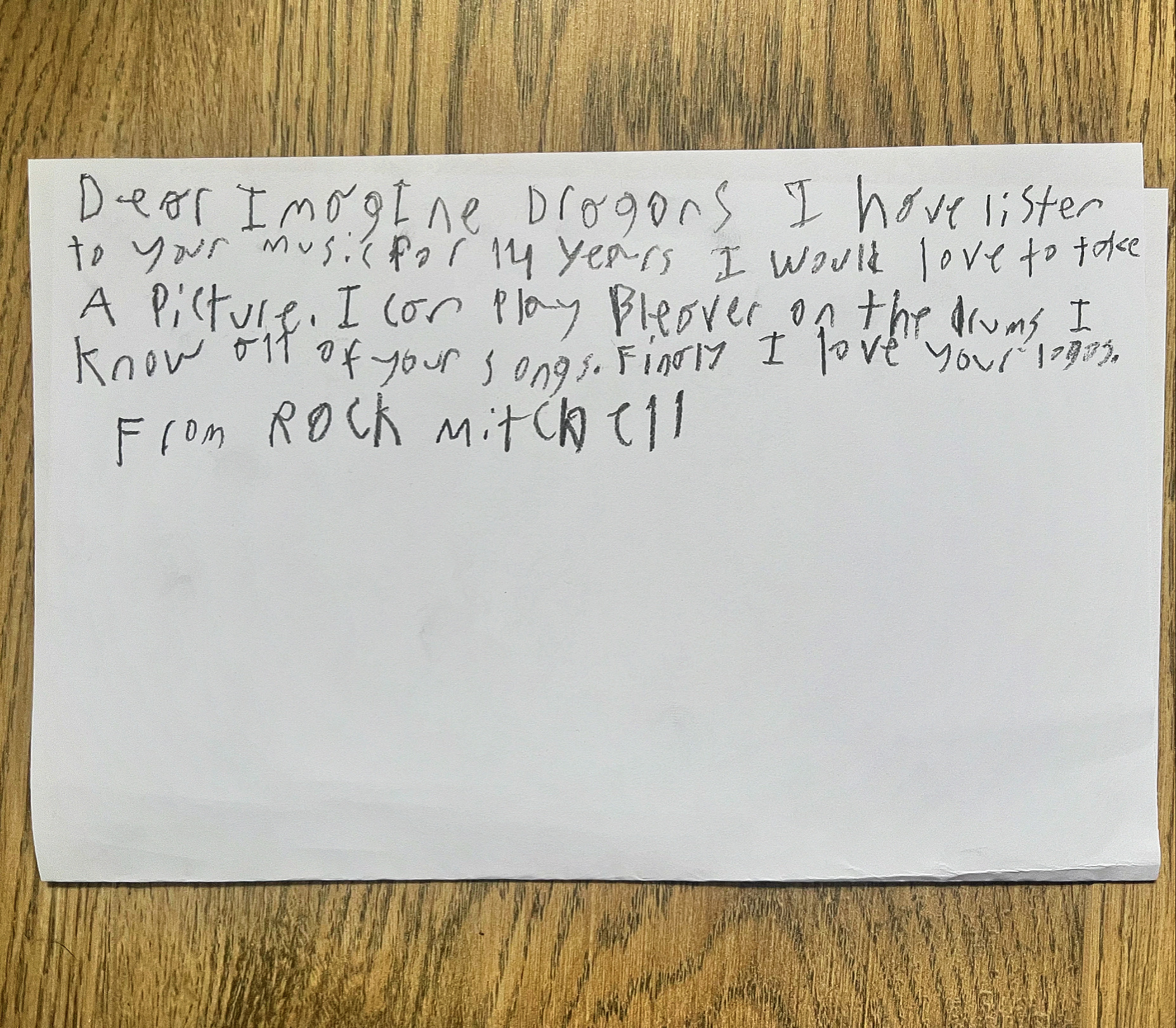
The day of the concert, we agreed to a game plan that would start as soon as we walked into the venue:
- Go to the merchandise table and get t-shirts.
- Put on t-shirts.
- Get food.
- Sit down.
- Eat.
- Rock out.
We breezed through the first three steps and sat in our seats as the crew was changing over the stage after the opening band. The venue was packed with amazing energy, and every time one of the screens turned on, there was a surge of excitement until we collectively realized it was another commercial.
Finally, the lights went down. The screens lit up with an image from the new album “Loom” and a recorded poem played over the speakers.

Through distant lens, I see your shrouded form
It carries there through some fervent storm
Its promise neither wilt nor rapture bloom
But only that it will not fade
It looms…
My son spent the first part of the show with his phone in his hand, trying to capture every moment as the band performed. I could see him taking in the experience as he sang at the top of his lungs. It was as if the band did the show just for our son, playing all of his favorite songs.

I love watching him be so engaged and happy. With all his struggles, past and present, I am grateful that we can give him experiences like this. The looming surgery reminds me not to take the time we have for granted. As too many people know in this community, it can all end too soon.
Of all the concerts I have seen, this was one of my favorites. Not just for the band and their performance but for the joy I saw on my son’s face. It was made even more special that we experienced it with our expanded family member, who was attending one of her first concerts. Watching the two of them sing and dance for the entire show was worth the price of admission.
